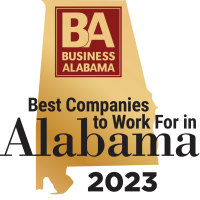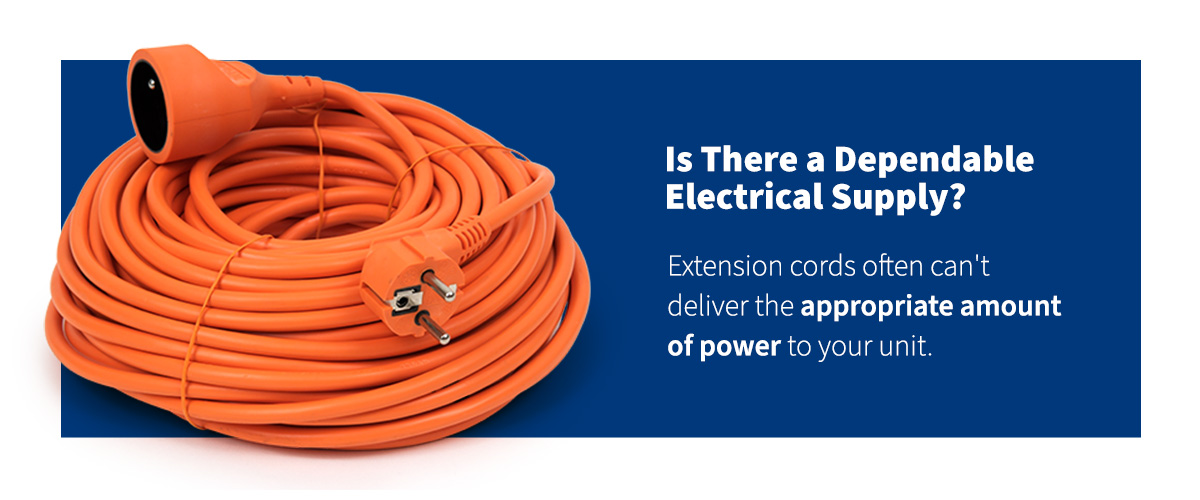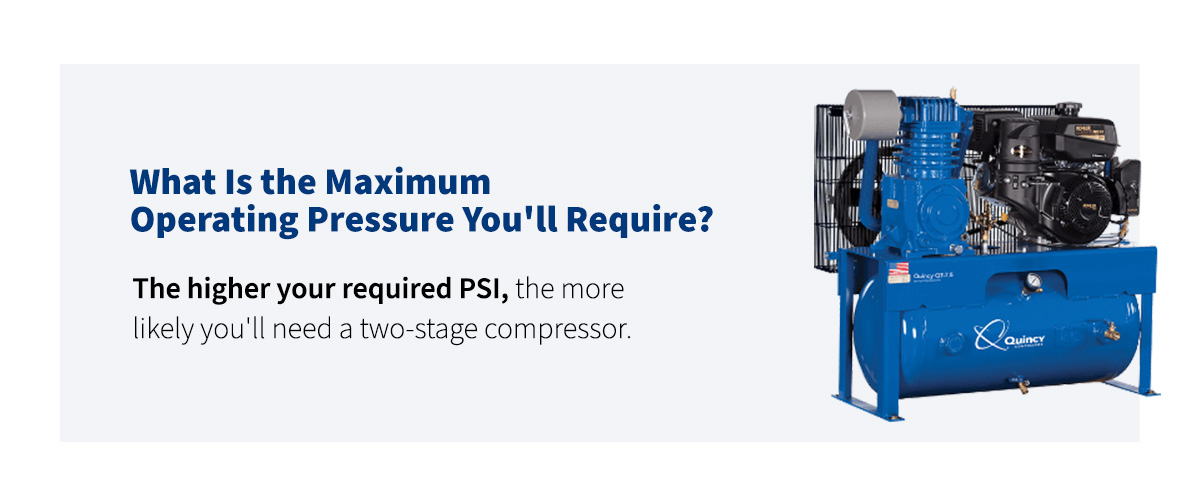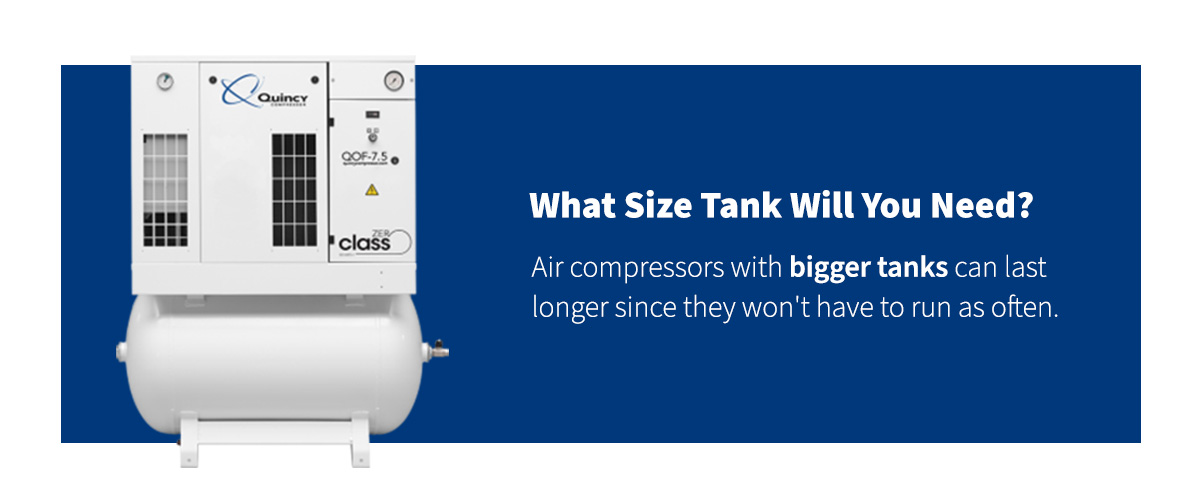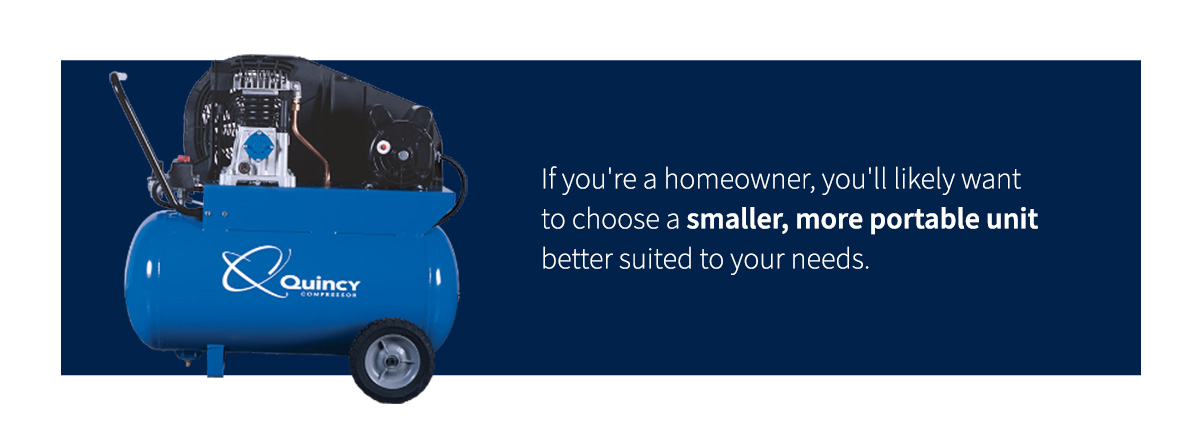Chapter 4: Questions to Ask Before Buying an Air Compressor
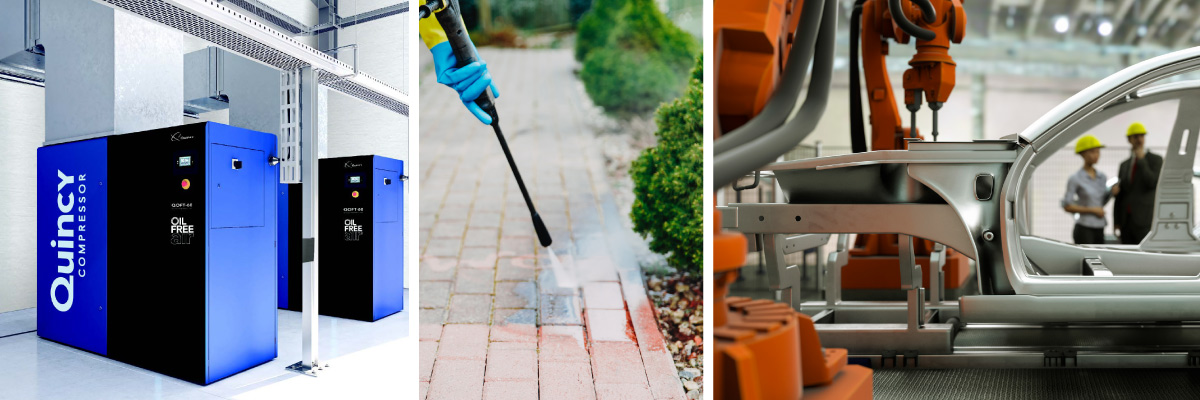
When buying an air compressor, it’s best to get all the details rather than picking something that seems right. Once you understand the specifications of different air models, it can still be challenging to know what type of air compressor you should buy. Asking yourself some questions can help you narrow down what to look for in an air compressor.
Rather than risking getting the wrong air compressor, asking the right questions can help save you time and ensure that you pick the best air compressor for your use from the start.
What to Consider When Buying an Air Compressor
Here are some general questions to ask yourself before looking for and purchasing an air compressor, which will cover everything you need.
Where Will You Use It?
You first need to determine where you will be using your new air compressor. For example, you may want to use your air compressor across your work site rather than in a single location. In this case, you’ll want to look at portable models, many of which come with wheels so you can easily roll the compressor from one location to the next.
Remember that a portable option will likely have less power than a stationary option. If you need a high power level but still something portable, you could consider using longer hoses on a stationary model to reach different locations, so long as the distance between uses isn’t too large. This approach allows you to reach the necessary CFM without risking a quick burnout with a portable model or using too much electricity.
If you plan on using the air compressor indoors, ventilation is a primary concern. Small, enclosed spaces like closets can impede operation and generate significant heat. most compressors are air-cooled, so ensure the heat emissions don’t recirculate to where the cooling air should be. Placing a compressor too close to the wall can also create excessive heat — aim to put it at least 3 feet away.
Also, think about where you plan on storing it. If it’s outdoors, you’ll need to protect it from rain, heat, sunlight and other elements. Many compressors are manufactured accordingly for this purpose.
What Will You Use It For?
The pharmaceutical and food processing industries have stricter application requirements than other sectors, and if this applies to your company, consider an oil-free air compressor to minimize the risk of oil contaminating the air. When you use compressed air to remove shells from nuts or mix up dry products, the air directly contacts the food, meaning it must be free of particulate contaminants and have a low dew point to prevent microbial growth.
Identifying proper application use will help you determine things like the required duty cycle, the compressor design, power requirements and the necessary air quality level.
How Often Will You Use It?
Frequency of use is a major consideration. The demands on a compressor working six to seven hours a day, five days a week, are much different than the demands on a machine that’s only used occasionally. Estimate how often you’ll run the compressor and how frequently you’ll turn it on and off. Intermittent power requires different demands than continuous use.
Knowing your usage can help you calculate the necessary duty cycle, which determines how long a compressor can run at a time. If it has an 80% duty cycle, it shouldn’t run for more than eight minutes for every 10-minute period. Industrial compressors can have a duty cycle of up to 100% for continuous operation, while hobby compressors may have around 50%.
A higher duty cycle can offer better efficiency over higher-horsepower models, depending on the application.
What Type of Power Do You Need?
Some air compressor models require electricity to run, meaning you’ll need access to an outlet and a dependable electrical supply. Knowing whether or not you have electricity on site will help you determine if you can go with an electric model or if you’ll need gas. Using a gas generator is generally not recommended if you can avoid it, as the fluctuations with generators can cause damage to your air compressor, impacting its life span. It can also affect your warranty from some manufacturers.
Extension cords also tend to be an unreliable fix for air compressors since the power supply from these cords often can’t deliver the appropriate amount of power to your unit. Rather than trying to use extension cords, you can use long hoses instead, which will help you reach areas further away while still using electricity. Your owner’s manual can also help you determine what types of power cords you can use and how to extend your reach for use. A gas compressor might be a better choice if electrical power isn’t handy.
Additionally, check your voltage and electricity connections or have an experienced electrician review your space before buying a compressor. In a residential setting, you may only have enough voltage to power small single-stage machines.
Industrial environments offer more power, but you’ll still need to know your capabilities and ensure your machine can match them. Horsepower indicates how much power a machine needs, but cubic feet per minute (CFM) and pounds per square inch (PSI) may be more useful for your calculations.
What Tools Do You Want to Use With It?
The types of tools you want to use will come with different requirements. Knowing what tools you want to use beforehand can help you determine what type of air compressor meets your required specifications.
Your tools will be rated in CFM, which tells you how much air each will use. Find the average CFM rating on each to help you better understand what you’re looking for and what compressor will give you the power you need. For multiple tools, you’ll need to add the ratings.
Also, consider that some air compressor designs work better for different tasks than others. Tools that you use continuously, like sanders and grinders, can benefit more from a compressor offering a constant flow, like a rotary screw model.
Determining Specifications
Once you know what tools you want to use with your air compressor, you can determine what specifications you’ll need to look for during your search. Failing to meet these specifications when buying a compressor could mean that your tools won’t work as efficiently, impacting your ability to complete tasks. Consider these specifications when choosing an air compressor.
What Is the Maximum Operating Pressure You’ll Require?
Knowing your maximum operating PSI will help you choose the right air compressor since you’ll want the same PSI rating for your machine. You’ll also be able to determine if you need a single-stage or two-stage compressor. Two-stage compressors have an additional compression step, which increases the PSI. The higher your required PSI, the more likely you’ll need a two-stage compressor.
You can determine your required PSI by looking at the manufacturer specifications of your tools. Choose the highest PSI to decide which air compressor you should select. For example, if you have multiple tools and the highest PSI rating is 90, you’ll want to pick an air compressor with a PSI rating of at least 90. You should also consider if your tools will be running concurrently.
Remember that pressure losses can occur in your air lines and piping, especially with devices like air dryers and filters, so factor those into your calculations.
How Much Airflow Do You Need?
Manufacturer specifications will tell you how much air each of your tools requires, usually in CFM or SCFM (standard cubic feet per minute). SCFM accounts for different environmental factors that can change an air tool’s performance. Some machines will also offer an average CFM (ACFM), based on a 25% duty cycle.
If you plan on running your air compressor regularly and want to find the continuous rating, you should multiply your ACFM by four. This number will help prevent you from underestimating how much air power you need to do the job. Do this calculation with your highest-rated tool to ensure your air compressor will continue to perform during the most demanding uses. We typically recommend a machine that offers CFMs about 30%-50% higher than the requirements from your highest-rated tool.
You’ll also want to consider whether or not you’ll be using one or more airlines for your tools at a time. If you plan on using two or more lines, add together the minimum CFM rating of all the tools you’ll use at once to be sure you’ll have enough air power. This compounding can significantly increase the demand placed on your compressor.
For example, if you plan to run two lines and one of your tools has a CFM rating of 7 and the other of 6, you should look for a compressor with a CFM rating of at least 16. Also, consider buying a machine with extra CFM capability if you’ll be expanding in the future or want more flexibility for heavy use times.
What Size and Type of Air Tank Will You Need?
Most manufacturers measure their tank sizes in gallons, and your tank size will affect your ability to use particular tools. For example, continuous-use tools such as sanders and grinders will need larger tanks than intermittent-use tools like staplers and nail guns since they rely on an ample supply of pressurized air. It’s not as easy to determine what tank size you need to find the CFM. Instead, the best thing to do is go with the biggest tank you can reasonably afford and house.
Bigger tanks are often better due to less motor strain and condensation. For a tank to have compressed air, a motor kicks on and fills it up. The more the motor must turn on and off to fill the tank, the faster it burns out, shortening your compressor’s life. A larger tank reduces motor strain by minimizing the number of starts needed to keep the tank full.
Regarding condensation, air must be cooled after it’s compressed, as it’s hot and holds onto moisture. A smaller air tank increases the likelihood of using the air before it can cool. When warm air goes through the air lines, it can cause condensation buildup, which may damage the tools and compressor itself. A large tank and additional devices like aftercoolers can reduce these issues — aftercoolers cool the air before it flows through the line.
Finally, using a vertical or horizontal air tank is generally based on personal preference and the compressor’s location.
What Horsepower Is Needed for the Motor of Your Air Compressor?
The horsepower rating helps you determine the motor or engine’s power. While it’s not directly related to tools, horsepower does help you determine how efficiently the air compressor can deliver the air. Higher horsepower means that your tank will fill more quickly and efficiently, which can save you time and help you complete jobs sooner.
Once you’ve answered these questions, you can move ahead with your purchase. You can always ask more specific questions, such as what air compressors are commonly used in your industry, but the questions above will help you find the right option for your needs.
Quincy Compressor will help you find an air compressor that meets all your required specifications. We work with numerous industries, and our years of experience give us the knowledge and expertise to help you choose the right air compressor. If you’re looking for a high-quality, reliable air compressor, find a Quincy Compressor location near you or contact us today!
What Features Do You Want to Use?
Many facilities use additional equipment or opt for additional compressor features to meet specific needs.
- Air dryers: Several types of air dryers remove moisture in air lines and reduce the air’s dew point. Many applications and sanitary work processes benefit from this machine.
- Filters: The right filter system will remove moisture and particles from the air and ensure a clean product. Oil and water separators also keep your lines clear.
- Belt drives or direct drives: Rotary screw air compressors offer belt-driven or direct-driven options. In a direct drive model, the motor connects to the compressor’s crankshaft. It works at lower temperatures with high efficiencies but can be more costly, challenging to maintain and noisy. Belt-drive compressors connect the motor and pump with a belt and pulleys, and you can adjust airflow and pressure more easily. While they may not work well in extreme temperatures or harsh environments, they are less expensive and easier to maintain.
- Cast-iron components: Cast iron crankcases, flywheels, valve seats and crankshafts can increase your compressor’s durability.
- ASME parts: Components that meet the standards and codes of the American Society of Mechanical Engineers offer better performance and safety features.
- Low-oil protection: This feature lets a compressor shut down if oil levels get too low, preventing downtime and expensive repairs from the effects of low fluid levels.
- Ball-valve tank drains: With this feature, you can drain the tank frequently and easily to remove moisture.
Some of these options are game-changers, so speak with a Quincy Compressor expert to find the best features for your compressor.
What System Controls Do You Need?
System controls can modify various factors in a compressor, like speed and discharge pressure. They include:
- Start/stop: The simplest of controls, the start/stop controls turn the motor on or off depending on the discharge pressure. They work with reciprocating piston or rotary screw compressors.
- Load/unload: Also called constant speed control, this scheme keeps the motor running and unloads the compressor when it reaches a specific discharge pressure level.
- Modulating: This control throttles the compressor output to reach flow requirements. It closes the inlet valve and isn’t as effective on displacement compressors. It’s better for centrifugal and rotary screw compressors.
- Multi-step controls: Partially loaded states allow you to control output pressure without starting and stopping or loading and unloading the compressor. A three-step compressor has options at 0%, 50% and 100%, while a five-step compressor has controls at 0%, 25%, 50%, 75% and 100%.
If you’re wondering about the differences between these compressor types, explore our guide to how air compressors work.
Choosing the Right Air Compressor With Quincy Compressor
Ensuring you choose the suitable air compressor is essential since the device will help streamline many processes and keep your home or business in the best condition. When selecting an air compressor, you must first determine what power source you’ll use or what you have available. For example, you may conduct much of your work inside, meaning you won’t be able to use a gas-powered air compressor since the fumes can be hazardous to workers. If you choose an electric-powered compressor, you’ll want to make sure you have access to an outlet nearby.
Once you know your power source, you can start looking at specifications. For example, you might want an air compressor with a higher horsepower to generate more air pressure. You may also look at tank size to ensure you have enough space to accommodate all the pressurized air you need for your processes. Figuring out the specs will help you narrow down your options and choose from the different types of air compressors.
Some types are more suited to different industries and uses than others. Rotary screw compressors are often used in industrial settings since they provide high-powered air with extreme precision. If you’re a homeowner, you’ll likely want to choose a smaller, more portable unit better suited to your needs, whether it’s inflating different items or pressure washing your home.
Quincy Compressor can help you find the right air compressor to meet your requirements. Our experts have the knowledge and expertise to help you choose the right compressor, whether you’re a large manufacturer or a small-scale business in your local area. We serve many industries, including agriculture, amusement parks, manufacturing, plumbing and woodworking! Since 1920, we’ve provided solutions for businesses around the world. Our extensive line of products means you’ll find everything you’re looking for, and one of our experts can help you find the right fit for your business.
Our products are high-quality and can meet even the most demanding application needs. We protect our compressors under industry-leading warranties, which cover your compressor as long as you perform regular maintenance while using Quincy parts and fluids. We also offer extended warranty plans for reciprocating and rotary screw products. Quincy Compressor also provides reliable service 24 hours a day to ensure your air compressor continues to serve you for as long as possible.
Contact Quincy Today
Once you’ve answered the questions above, you can move ahead with your purchase. You can always ask more specific questions, such as what air compressors are commonly used in your industry, but the questions above will help you find the right option for your needs.
Quincy Compressor will help you find an air compressor that meets all your required specifications. We work with numerous industries, and our years of experience give us the knowledge and expertise to help you choose the right air compressor. With Quincy Compressor, you can rest assured that you’ll continue to see the value in your purchase for years to come.
If you’re looking for a high-quality, reliable air compressor, find a Quincy Compressor location near you or contact us today!
Last Updated on August 28, 2023 at 12:50 PM

